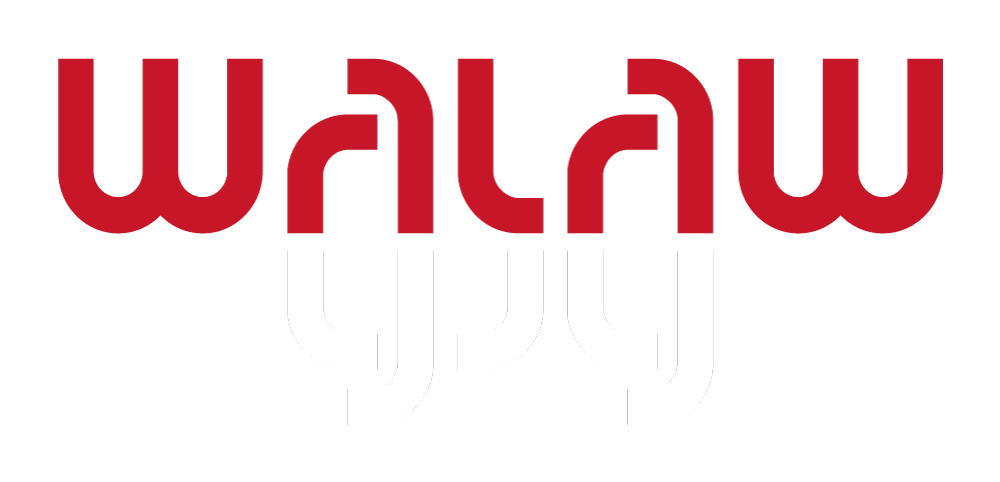-
18:00
-
17:40
-
17:20
-
17:00
-
16:50
-
16:30
-
16:00
-
15:40
-
15:20
-
15:00
-
14:40
-
14:20
-
14:00
-
13:30
-
13:00
-
12:40
-
12:20
-
12:00
-
11:40
-
11:20
-
11:00
-
10:40
-
10:20
-
10:00
-
09:30
-
09:00
-
08:30
-
08:00
-
07:30
-
07:00
U.S. Reaffirms Support for Morocco's Autonomy Plan
In a significant development at the United Nations Security Council, the United States has reiterated its backing for Morocco's autonomy plan regarding the Sahara region. This affirmation, articulated by U.S. Deputy Ambassador to the UN, Robert Wood, characterizes the proposal as a "serious, credible, and realistic" solution aimed at resolving the long-standing regional conflict.
During discussions following the adoption of Resolution 2756, which extends the mandate of the United Nations Mission for the Referendum in Sahara (MINURSO) until October 31, 2025, Wood emphasized the urgent need for a political resolution to the dispute. He highlighted the importance of leveraging the current momentum to advance the political process.
The U.S. stance aligns with the broader support from the Security Council for the UN's efforts to facilitate a fair, sustainable, and mutually acceptable solution to the Sahara issue. The resolution underscores the preeminence of Morocco's autonomy initiative, first introduced in 2007, as a credible basis for ending the artificial conflict surrounding the region.
This reaffirmation of support comes at a time when Algeria faces increasing isolation on the international stage regarding its position on the Sahara. The ongoing diplomatic efforts reflect a critical juncture in the quest for a resolution, with the U.S. playing a pivotal role in shaping the dialogue.
As the situation evolves, the international community watches closely, hopeful for a breakthrough that could bring lasting peace to the region.


